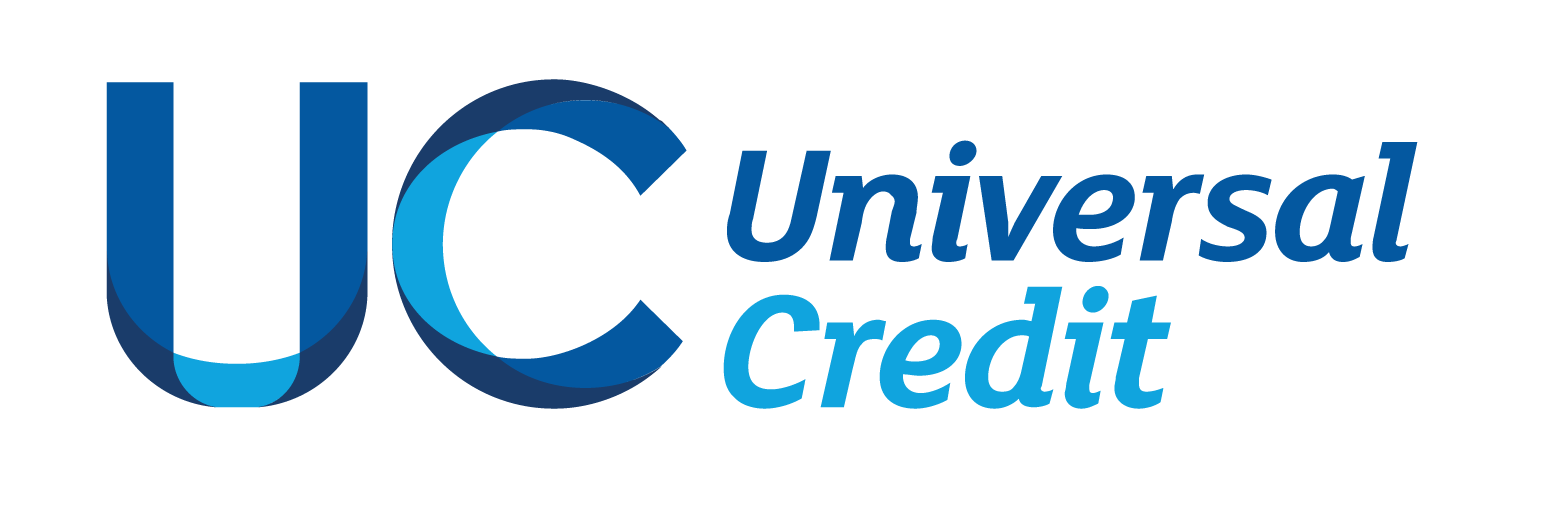
Call of the week – direct payment and Universal Credit
As Universal Credit, slowly, rolls out across the country, more and more landlords are having to cope with applying for direct payment. This week’s case is quite a common one for the Landlord Advice Team.
Our landlord rang in to complain that his tenant ‘was not paying their housing benefit’ and that the council had told him there was nothing they could do because the tenant was on Universal Credit.
Many landlords who rent to a tenant on Local Housing Allowance (LHA) are familiar with the process and the rules for having payments made directly to them instead of the tenant.
If the tenant is happy for payments to be made for example, landlords know to contact the council and ask for direct payments. RLA members can do this quite easily via our letter templates.
Similarly, if a landlord has a tenant in eight weeks of arrears, the landlord can apply for payments directly from the local authority because of the tenant’s behaviour.
Generally though, LHA is characterised by a relatively easy acceptance that payments can and should often be made to the landlord.
Universal Credit however, is based on a very different approach. When it was first designed, the rationale behind it was that the tenant should be empowered by managing their own money.
As such, direct payments are not the norm, and should be actively discouraged. For a long time, it was virtually impossible in fact for private landlords to receive direct payments.
Thankfully that’s no longer the case, and members can make an application for what is called an Alternative Payment Arrangement (APA). This allows landlords to get direct payment where the tenant is unlikely to be able to pay the rent, or is already in arrears much like with LHA.
However unlike LHA, landlords should not contact the council but should instead contact the DWP, using the correct UC47 form to complete the application. In this case the member wanted to email them so we directed him to the UC47 (insecure form) available from our guide to direct payments.
The landlord used this form and did eventually receive his Universal Credit payments directly.
Rupinder Aujla, LAT Manager, said “Universal Credit confuses landlords and tenants alike so it’s no surprise more than 50% of tenants are in arrears on the system. That’s why we’re always happy to guide our members to the right documents to smooth the process.”

If you have any comments, please email the author of this article and click on the link above